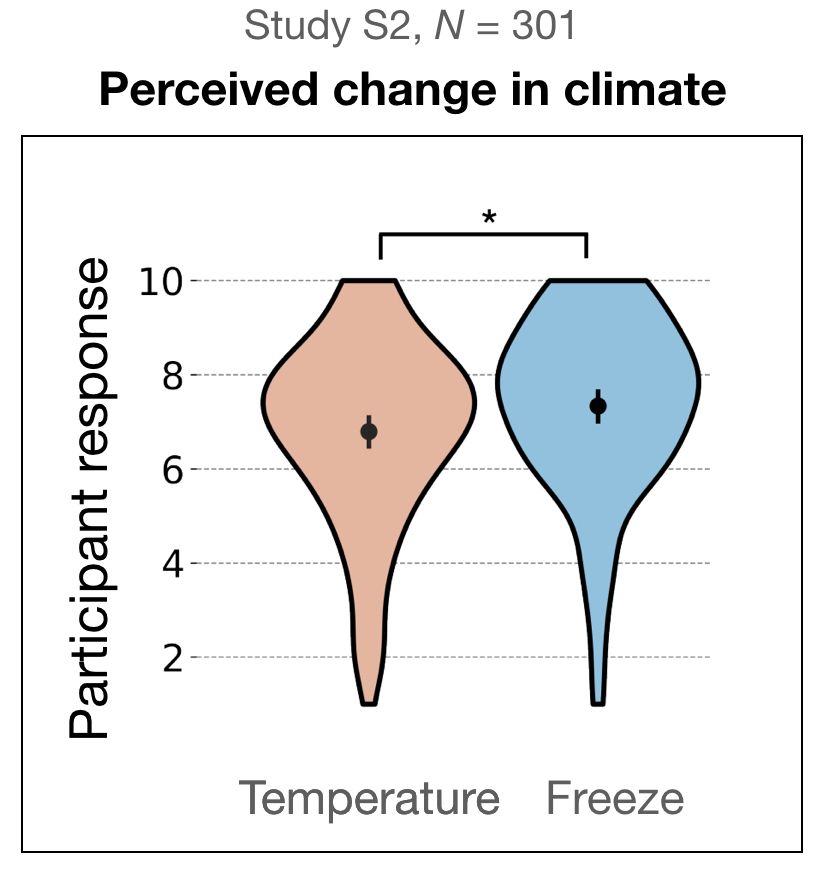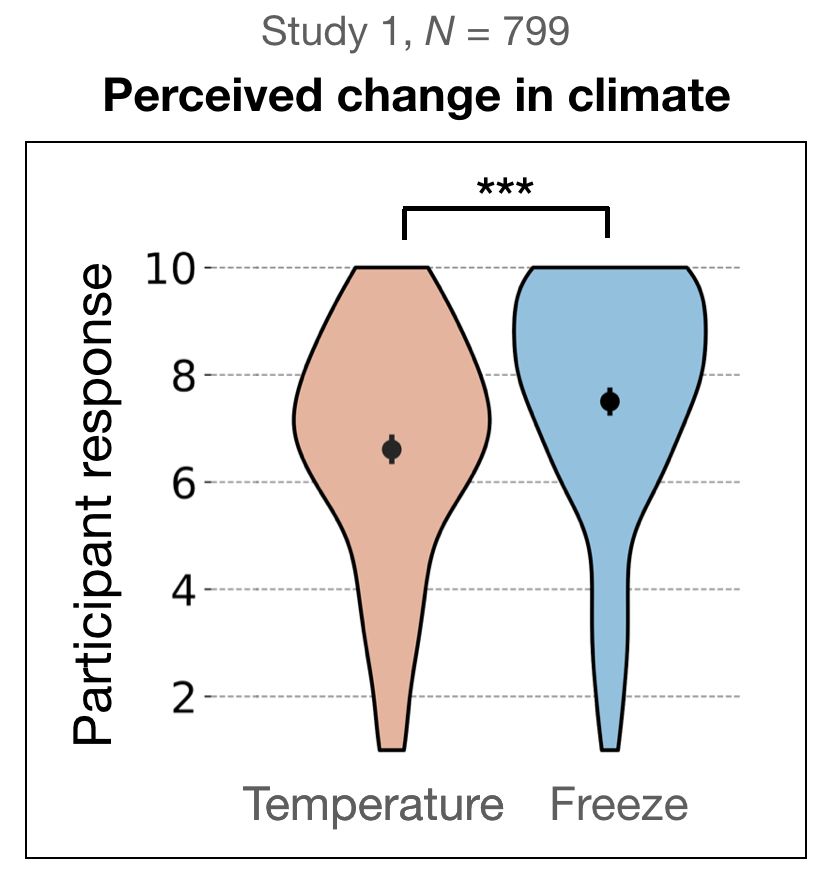Rachit Dubey
@rachitdubey.bsky.social
Assistant Professor at UCLA | Alum @MIT @Princeton @UC Berkeley | AI+Cognitive Science+Climate Policy | https://ucla-cocopol.github.io/
My lab at UCLA is hiring 1-2 PhD students this cycle!
Join us to work at the intersection of cognitive science and AI applied to pressing societal challenges like climate change.
More info about me: rachit-dubey.github.io
My lab: ucla-cocopol.github.io
Please help repost/spread the word!
Join us to work at the intersection of cognitive science and AI applied to pressing societal challenges like climate change.
More info about me: rachit-dubey.github.io
My lab: ucla-cocopol.github.io
Please help repost/spread the word!

September 3, 2025 at 12:19 AM
My lab at UCLA is hiring 1-2 PhD students this cycle!
Join us to work at the intersection of cognitive science and AI applied to pressing societal challenges like climate change.
More info about me: rachit-dubey.github.io
My lab: ucla-cocopol.github.io
Please help repost/spread the word!
Join us to work at the intersection of cognitive science and AI applied to pressing societal challenges like climate change.
More info about me: rachit-dubey.github.io
My lab: ucla-cocopol.github.io
Please help repost/spread the word!
Headed to #CogSci2025 next week!
Interested in computational cognitive science applied to climate change and real-world policy? Come find me!
My lab at UCLA is recruiting 1–2 fully funded PhD students.
We work on:
• decision-making
• climate perception
• human–AI collaboration for policy design
Interested in computational cognitive science applied to climate change and real-world policy? Come find me!
My lab at UCLA is recruiting 1–2 fully funded PhD students.
We work on:
• decision-making
• climate perception
• human–AI collaboration for policy design

July 23, 2025 at 6:02 PM
Headed to #CogSci2025 next week!
Interested in computational cognitive science applied to climate change and real-world policy? Come find me!
My lab at UCLA is recruiting 1–2 fully funded PhD students.
We work on:
• decision-making
• climate perception
• human–AI collaboration for policy design
Interested in computational cognitive science applied to climate change and real-world policy? Come find me!
My lab at UCLA is recruiting 1–2 fully funded PhD students.
We work on:
• decision-making
• climate perception
• human–AI collaboration for policy design
Why do we grieve? Why is it painful?
In our latest paper, just published in Psychological Review, we use Reinforcement Learning simulations to suggest that grief may function, counter-intuitively, to maximize reward!
Paper: psycnet.apa.org/record/2026-...
In our latest paper, just published in Psychological Review, we use Reinforcement Learning simulations to suggest that grief may function, counter-intuitively, to maximize reward!
Paper: psycnet.apa.org/record/2026-...

May 29, 2025 at 10:16 PM
Why do we grieve? Why is it painful?
In our latest paper, just published in Psychological Review, we use Reinforcement Learning simulations to suggest that grief may function, counter-intuitively, to maximize reward!
Paper: psycnet.apa.org/record/2026-...
In our latest paper, just published in Psychological Review, we use Reinforcement Learning simulations to suggest that grief may function, counter-intuitively, to maximize reward!
Paper: psycnet.apa.org/record/2026-...
Excellent question! We ran a similar experiment where we added a trendline to the left plot (Experiment S2 in the Supplementary Material): static-content.springer.com/esm/art%3A10...
Binary data again amplifies perceived impact of climate change (see below)
Binary data again amplifies perceived impact of climate change (see below)

April 17, 2025 at 6:52 PM
Excellent question! We ran a similar experiment where we added a trendline to the left plot (Experiment S2 in the Supplementary Material): static-content.springer.com/esm/art%3A10...
Binary data again amplifies perceived impact of climate change (see below)
Binary data again amplifies perceived impact of climate change (see below)
People consistently rated the impact of climate change significantly higher when viewing binary "lake freeze" data compared to continuous temperature data (Cohen's d = 0.40).
This finding was robust across multiple replications and with real-world lake freeze data.
4/n
This finding was robust across multiple replications and with real-world lake freeze data.
4/n

April 17, 2025 at 6:03 PM
People consistently rated the impact of climate change significantly higher when viewing binary "lake freeze" data compared to continuous temperature data (Cohen's d = 0.40).
This finding was robust across multiple replications and with real-world lake freeze data.
4/n
This finding was robust across multiple replications and with real-world lake freeze data.
4/n
🚨 New in Nature Human Behavior! 🚨
Binary climate data visuals amplify perceived impact of climate change.
Both graphs in this image reflect equivalent climate change trends over time, yet people consistently perceive climate change as having a greater impact in the right plot than the left.
👇1/n
Binary climate data visuals amplify perceived impact of climate change.
Both graphs in this image reflect equivalent climate change trends over time, yet people consistently perceive climate change as having a greater impact in the right plot than the left.
👇1/n

April 17, 2025 at 6:03 PM
🚨 New in Nature Human Behavior! 🚨
Binary climate data visuals amplify perceived impact of climate change.
Both graphs in this image reflect equivalent climate change trends over time, yet people consistently perceive climate change as having a greater impact in the right plot than the left.
👇1/n
Binary climate data visuals amplify perceived impact of climate change.
Both graphs in this image reflect equivalent climate change trends over time, yet people consistently perceive climate change as having a greater impact in the right plot than the left.
👇1/n

